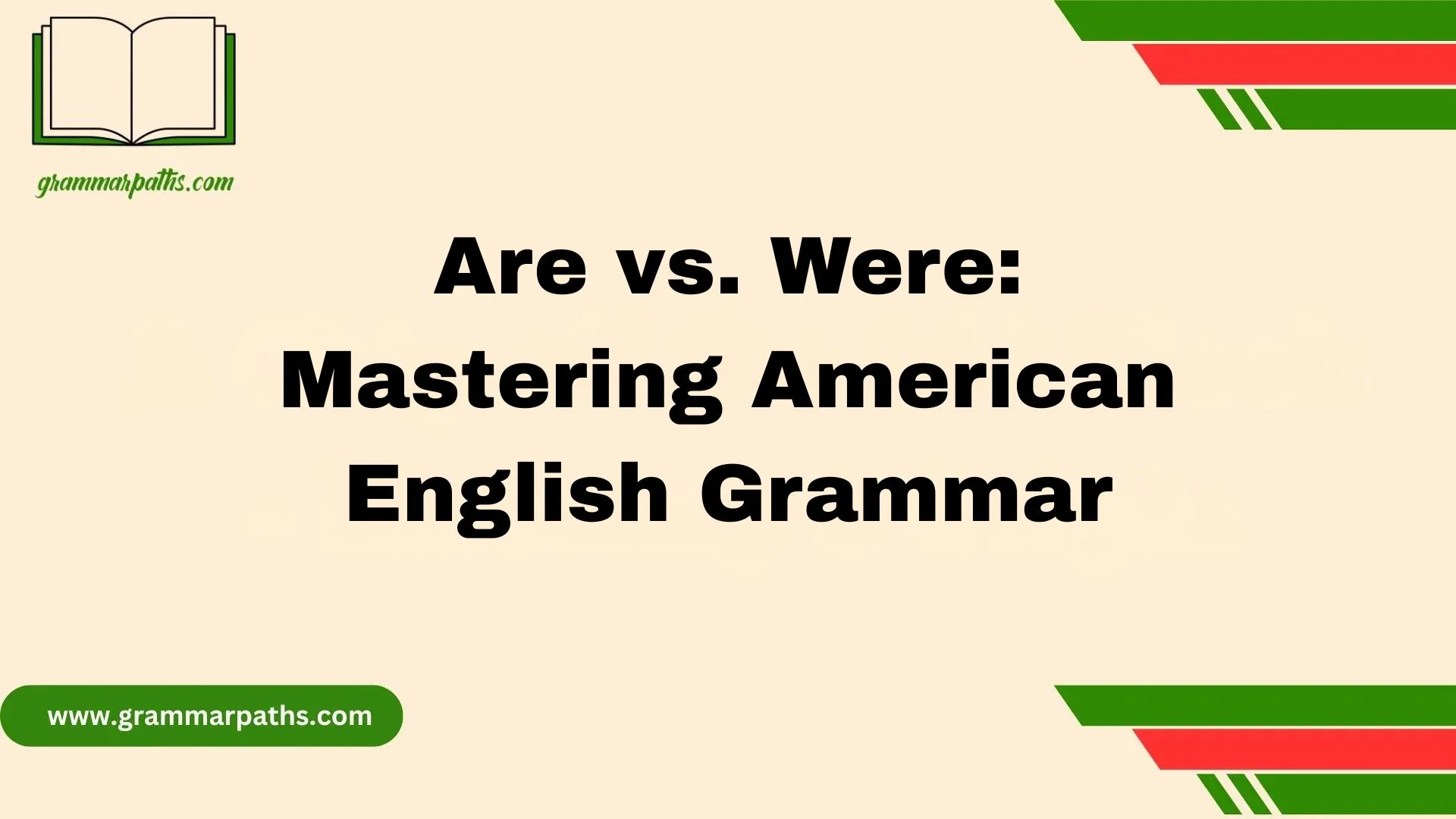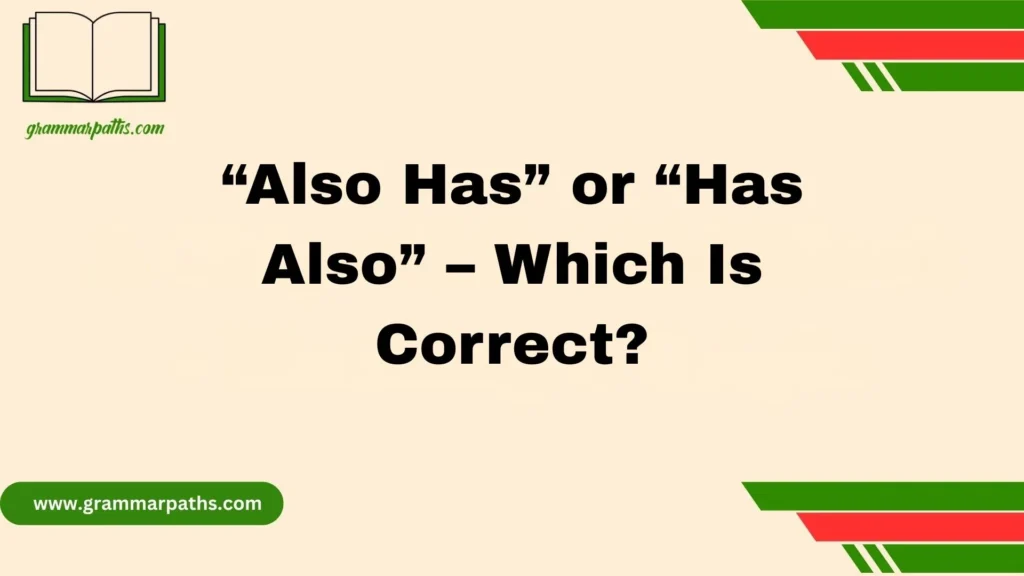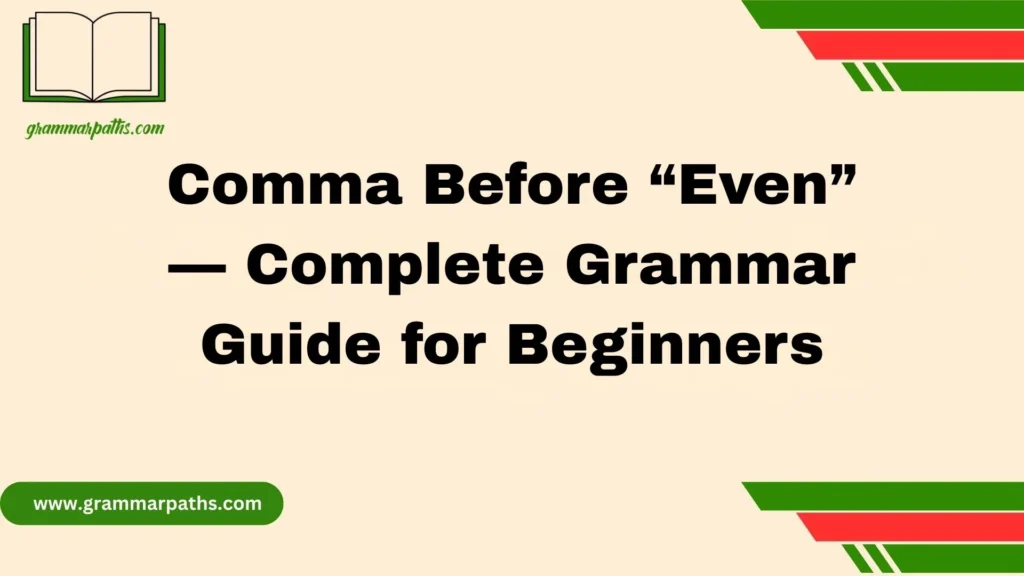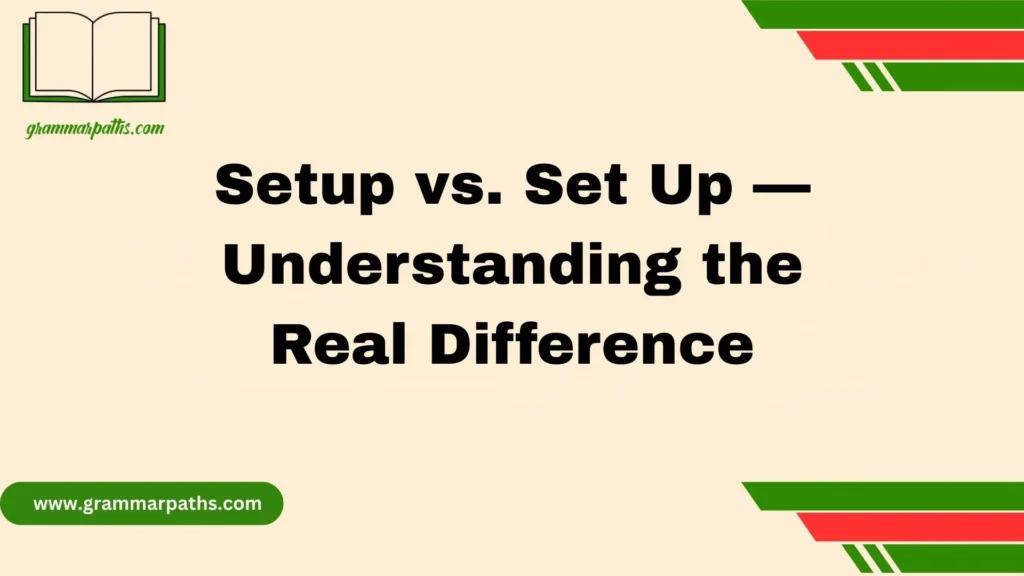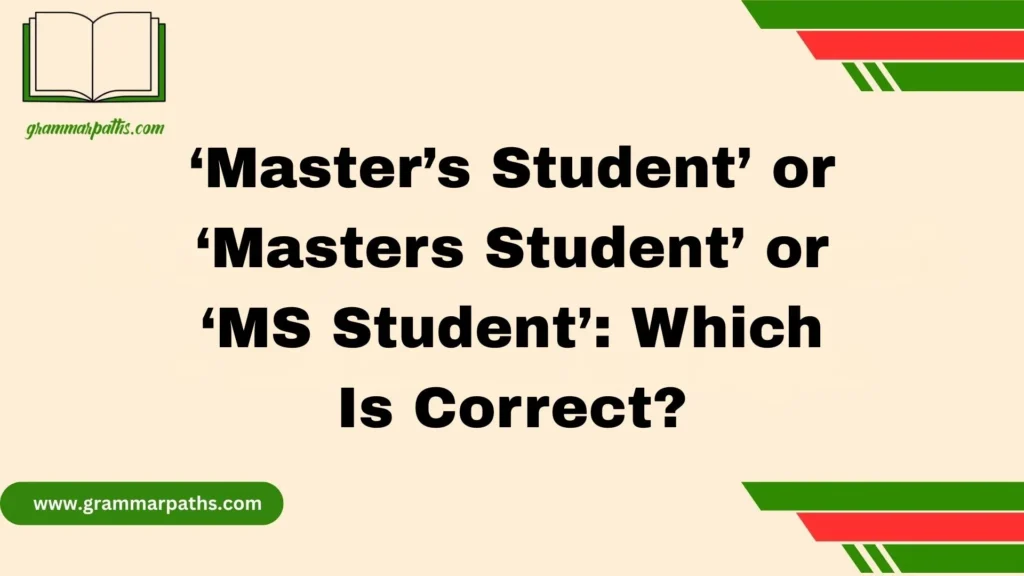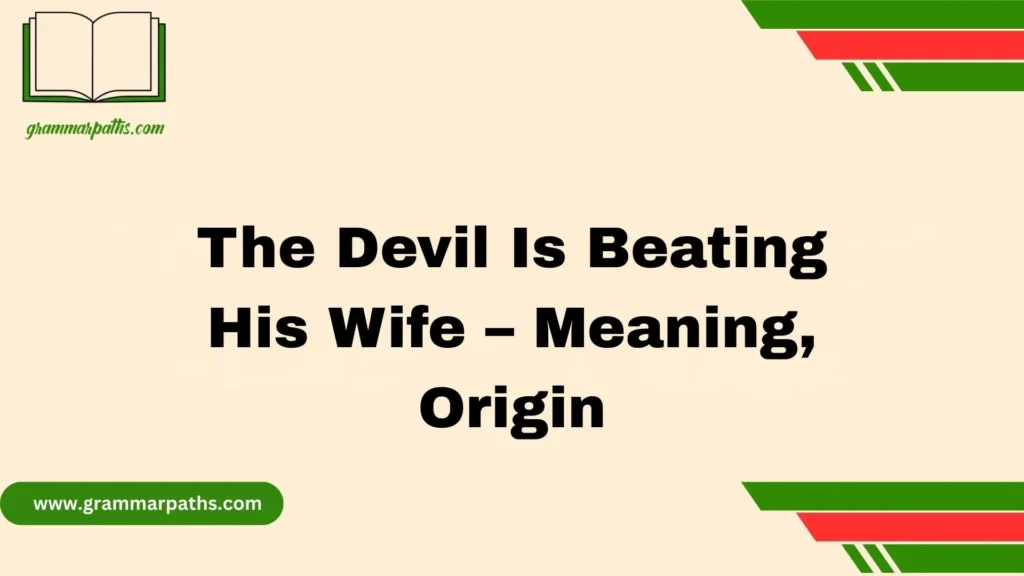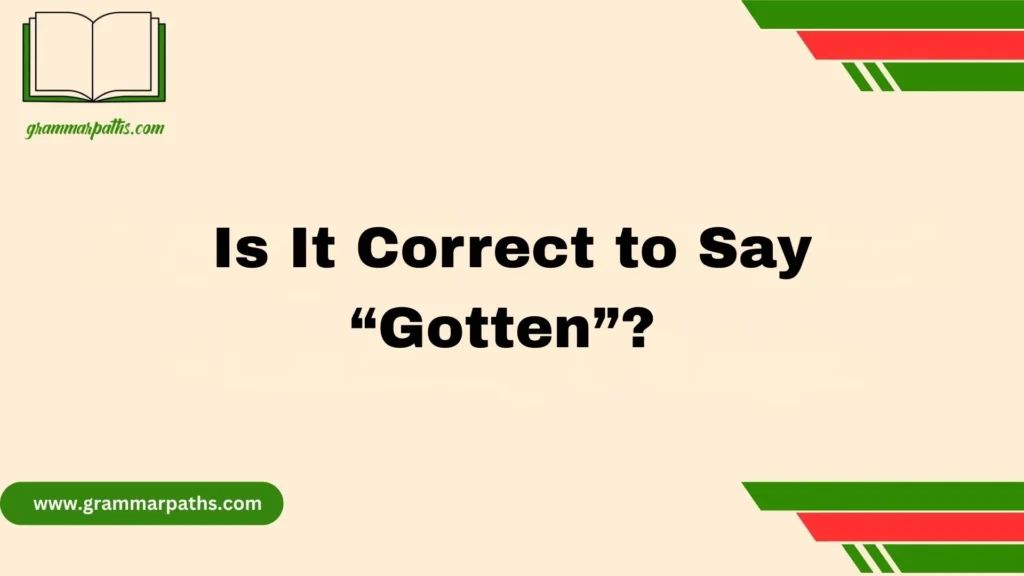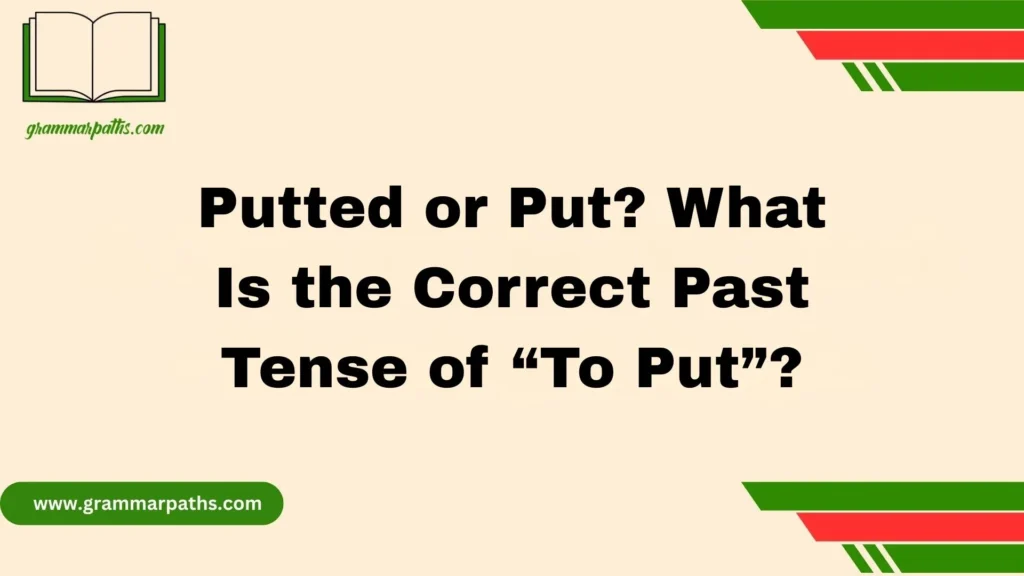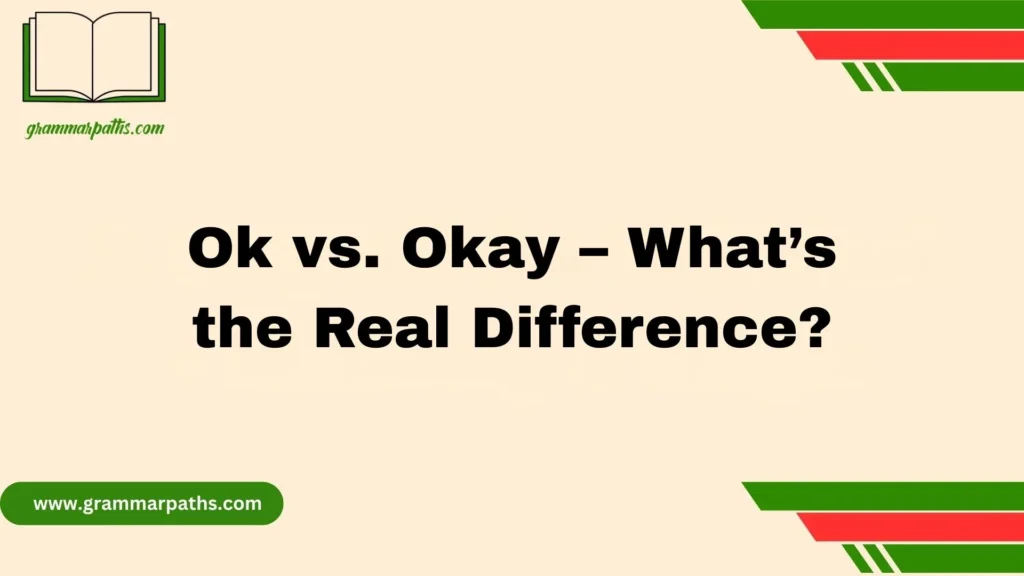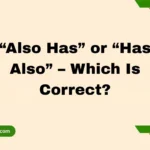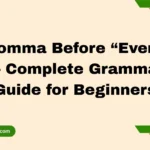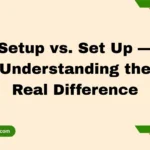When I first started learning English grammar, I remember constantly second-guessing myself about whether to use “are” or “were.” Both words come from the verb “to be”, yet they’re used in different ways depending on the subject and tense. At first, it felt confusing — why can’t they just mean the same thing? But once you understand the pattern, everything begins to make sense.
In simple terms, “are” is used in the present tense, while “were” belongs to the past tense. For example, we say “You are happy” when talking about now, but “You were happy” when referring to the past. The difference might seem small, but it completely changes the time and meaning of the sentence.
Things get even more interesting when we explore the subjunctive mood — that special form of English used for imaginary or hypothetical situations. This is where many learners get stuck. You might have heard sentences like, “If I were rich, I’d travel the world.” Notice how we use “were” instead of “was” even though we’re talking about “I.” That’s because the subjunctive shows something that isn’t real — a wish, a dream, or something contrary to fact.
So, while you’d normally say “I was tired” to describe a real event, you’d say “If I were tired” when imagining a situation. These subtle differences make American English both challenging and beautiful. Once you understand when to use “are” vs. “were,” your sentences will sound more natural, fluent, and confident — just like a native speaker’s.
Understanding the Verb “To Be” in American English
The verb “to be” is one of the most irregular—and most used—verbs in English. It connects subjects to descriptions, actions, or conditions. Without it, everyday communication would sound incomplete.
Here’s a quick breakdown of its forms:
| Tense | Singular | Plural |
| Present | am (I), is (he/she/it) | are (we/you/they) |
| Past | was (I/he/she/it) | were (we/you/they) |
These forms express time (present vs. past) and number (singular vs. plural). However, the trickiest part is how “were” can sometimes appear in sentences that aren’t talking about the past at all—especially in hypothetical or unreal situations. We’ll dive into that soon.
The Present Tense Form — “Are”
When and Why We Use “Are”
“Are” is the present tense plural form of to be. It connects a subject to a current state, condition, or action. It’s used with plural nouns (students, books, cats) and with the pronoun “you” (which always takes a plural verb form in English, even when referring to one person).
Use “are” when:
- Describing a state in the present.
- Referring to plural subjects or you.
- Forming questions or negatives in the present.
- Creating progressive tenses (as a helping verb).
Examples:
- You are ready for the exam.
- They are playing soccer in the park.
- The cookies are delicious.
- Are you coming tonight?
- My hands are cold.
💡 Tip: If the action or condition is happening right now, “are” is almost always the correct choice.
Examples of “Are” in Everyday Sentences
Let’s look at how “are” appears in different contexts.
| Context | Example Sentence | Explanation |
| Describing state | You are smart. | Current description. |
| Asking questions | Are they home? | Question about now. |
| Negative form | They aren’t interested. | Present-time refusal or denial. |
| Progressive tense | We are watching a movie. | Action happening now. |
Notice how “are” stays consistent regardless of the type of sentence. The verb adjusts only based on time or number, not the sentence structure itself.
“Are” as an Auxiliary Verb
The word “are” often acts as a helping (auxiliary) verb, combining with other verbs to form continuous (progressive) tenses.
Examples:
- They are learning English.
- You are driving too fast.
- We are preparing for the test.
In these examples, “are” supports the main verb (learning, driving, preparing) to show an action that’s ongoing.
Common Patterns:
| Tense | Example | Meaning |
| Present Continuous | They are working. | Ongoing action. |
| Present Perfect Continuous | They have been working. | Started in past, continues now. |
When you hear “are” in conversation, it almost always points to something that’s still happening—or that exists now.
The Past Tense Form — “Were”
When and Why We Use “Were”
“Were” represents the past tense form of to be for plural subjects and “you.” It signals that the state, condition, or action already happened or existed in the past.
Use “were” when:
- Talking about something that happened before now.
- Referring to plural nouns (we, you, they).
- Discussing past conditions or events.
Examples:
- You were late to class yesterday.
- They were excited about the trip.
- We were friends in high school.
- The lights were on all night.
Rule of thumb: If the sentence describes a past situation, “were” fits perfectly.
Real-World Examples of “Were”
| Situation | Sentence Example | Context |
| Past event | They were at the concert. | Action completed. |
| Past emotion | You were happy then. | Feeling in the past. |
| Past continuous | We were watching TV when it rained. | Interrupted past action. |
| Past negative | They weren’t ready for the storm. | Denial in the past. |
The form “were” signals completed or ongoing past actions. It’s particularly common in storytelling, reports, or when recalling personal experiences.
The Subjunctive Use of “Were”
Here’s where things get interesting. Sometimes, “were” doesn’t indicate the past at all—it shows unreal or hypothetical conditions. This is known as the subjunctive mood.
Use the subjunctive “were” when:
- Expressing imaginary or hypothetical situations.
- Talking about wishes or conditions contrary to fact.
- Using phrases like if I were, as if I were, I wish I were.
Examples:
- If I were you, I’d apply for the job.
- I wish it were summer already.
- She acts as if she were the boss.
Grammar insight: Even though “I” is singular, we use “were” instead of “was” because it’s hypothetical—not real.
This rule never changes, no matter who the subject is.
| Mood | Example | Meaning |
| Indicative | I was at work. | Real event. |
| Subjunctive | If I were at work… | Imaginary condition. |
Comparing “Are” and “Were” — Key Differences at a Glance
Here’s a simple comparison to make the distinction clear:
| Feature | “Are” | “Were” |
| Tense | Present | Past |
| Used With | Plural subjects, “you” | Plural subjects, “you” |
| Function | Current state or ongoing action | Past event or unreal condition |
| Example | You are late. | You were late. |
| Subjunctive Use | Rare | Common (If I were you…) |
To visualize the relationship between the two, think of this simple timeline diagram:The position of the action or state in time determines which form you choose.
Common Mistakes Learners Make
Even advanced learners (and some native speakers) mix up “are” and “were.” Let’s go over some typical mistakes and how to fix them.
1. Mixing Past and Present
They are tired yesterday.
They were tired yesterday.
2. Confusing Subjunctive Mood
If I was rich, I’d buy a yacht.
If I were rich, I’d buy a yacht.
3. Forgetting Subject Agreement
He are working hard.
He is working hard.
4. Using “Were” for Singular in the Wrong Context
She were late today.
She was late today.
🧠 Remember: Use “were” only when the subject is plural, or when the sentence is hypothetical.
Practical Strategies to Remember the Difference
Keeping “are” and “were” straight gets easier with practice. Here are some strategies to help it stick.
1. Use Time Cues
- Now → are
- Yesterday / in the past → were
Example:
If you’re describing something happening now, think “are.” If it already happened, choose “were.”
2. Use Mnemonics
Try this memory trick:
“ARE” is for actions Around you now.
“WERE” is for things Which ended earlier.
3. Practice by Switching Tenses
Take a sentence and rewrite it from present to past.
Example:
- Present: You are busy today.
- Past: You were busy yesterday.
4. Listen and Repeat
Watch TV shows, movies, or podcasts. Focus on how speakers use “are” and “were.” Mimic the tone and rhythm to reinforce correct usage.
5. Quick Proofreading Trick
When editing your writing:
- Highlight all to be verbs.
- Check if each one matches the time frame of the sentence.
This simple step can eliminate most mistakes.
Real-Life Usage: “Are” and “Were” in American English Contexts
In Everyday Speech
Americans often shorten “are” in conversation:
- You’re going?
- They’re here!
- We’re ready.
Contractions make speech sound natural and casual. “Were,” however, rarely contracts because it’s tied to the past tense. You’ll usually hear it fully pronounced in speech.
In Writing
Formal writing—like essays or reports—avoids contractions. Writers prefer the full forms:
- You are required to attend.
- They were instructed to respond.
In Idioms and Expressions
| Expression | Meaning | Example |
| “If I were you” | Giving advice | If I were you, I’d call her. |
| “We are what we eat” | Identity statement | Emphasizing habits and character. |
| “Were it not for…” | Without something | Were it not for his help, we’d fail. |
Quick Reference: Rules, Examples, and Exceptions
| Rule | “Are” Example | “Were” Example |
| Present state | They are excited. | — |
| Past state | — | They were excited. |
| Progressive tense | We are studying. | We were studying. |
| Hypothetical (Subjunctive) | — | If I were rich. |
| Used with “you” | You are right. | You were right. |
Exceptions:
- Some dialects or informal speech patterns in America use “was” instead of “were” in the subjunctive (“If I was you”), but this is grammatically incorrect in formal English.
- In older literature, you might see “thou art” (old form of you are), which is now obsolete.
Case Study: “Are vs. Were” in Real American Speech
Scenario:
Imagine two coworkers—Alex and Taylor—talking after a meeting.
Alex: “You were pretty quiet today. Everything okay?”
Taylor: “Yeah, I am fine now. I just was tired earlier.”
Notice how both speakers switch between are/am and was/were depending on time and context. This natural shift keeps the conversation accurate and clear.
Takeaway: Even in casual talk, Americans instinctively follow tense and mood rules—they just do it subconsciously.
Summary Table
| Word | Tense | Used With | Typical Context | Example |
| Are | Present | Plural subjects, “you” | Current state/action | You are late. |
| Were | Past/Subjunctive | Plural subjects, “you,” hypothetical | Past or unreal condition | If I were you, I’d go. |
By practicing, reading, and listening to authentic English, you’ll soon use “are” and “were” with total confidence—just like native speakers do.
Conclusion
Mastering the difference between “are” and “were” might seem tricky at first, but once you understand the grammar rules and context, it becomes second nature. The secret lies in recognizing when you’re talking about the present and when you’re describing the past—and remembering that “were” sometimes steps in for imaginary or hypothetical situations in the subjunctive mood.
These small but powerful distinctions are what make American English grammar both fascinating and expressive. Whether you’re writing an essay, speaking in a meeting, or simply chatting with friends, using “are” and “were” correctly shows confidence, clarity, and control over your language.
So, the next time you find yourself hesitating—trust your grammar instinct. Ask yourself: Am I talking about now or the past? Is this real or imaginary? With practice, you’ll find that choosing the right form isn’t hard at all.
FAQs
1. What is the main difference between “was” and “were”?
Was is used with singular subjects like “I” or “he,” while were is used with plural subjects or for hypothetical or imaginary situations in the subjunctive mood.
2. When should I say “If I were” instead of “If I was”?
Use If I were when describing something that didn’t actually happen but could be imagined, like “If I were rich.”
3. Can I use “was” and “were” interchangeably?
No, they are not interchangeable. Each has a specific grammatical use depending on the subject and the mood of the sentence.
4. Why do we use “were” with “you” even though it’s singular?
English keeps an old grammatical rule that uses were with you, even when speaking to one person, as in “you were late.”
5. What’s the easiest way to remember the rule?
Think of it this way: was = reality, were = imagination. If it’s real and actually happened, use was; if it’s imaginary or wishful thinking, use were.

Emma Brooke is a passionate language expert and contributor at GrammarPaths.com, where she helps learners navigate the complexities of English grammar, idioms, and effective writing. With a strong academic background and years of teaching experience, Emma excels at turning tricky grammar rules into simple, practical lessons that readers can easily grasp.
